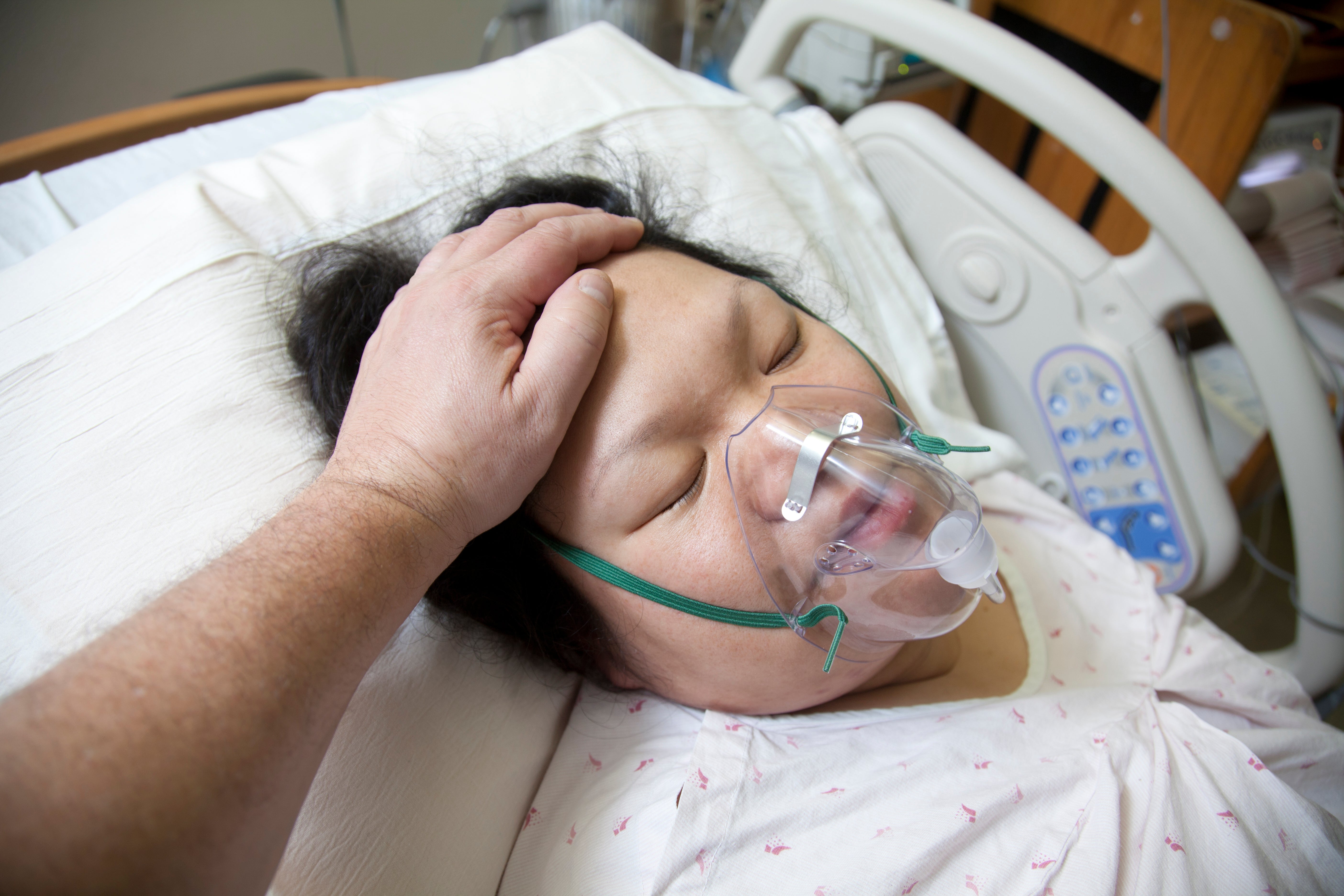Welcome to a thought-provoking discussion on a sensitive topic: what happens if you die while menstruating? Explore the unique aspects and considerations surrounding this subject.
What Happens If You Die On Your Period?

Alright, let’s break down two separate aspects of the complex process of “dying while menstruating”. As a forewarning, we will be discussing both death and menstruation, so brace yourself. If discussions around death unsettle you, you might want to skip this. (And if menstruation discussions make you uncomfortable, you need to realize it’s a natural physiological occurrence.)
Firstly, let’s delve into what transpires post-mortem in relation to menstruation. Does a person who passes away during their period continue to menstruate after death? The answer is no, or at least not for an extended period post-death.
Upon death, blood circulation within the body ceases — a well-known fact. The heart no longer functions in a deceased body (obviously), hence the blood stops flowing. As the blood remains stagnant, it thickens over time. This begins approximately four minutes after death, marking the initial stage of decomposition, also referred to as autolysis.
Therefore, in summary, some blood and uterine lining might exit the vaginal canal post-death (assuming the individual was menstruating at the time of death), but this won’t persist for long.
You might also be curious about what transpires if a person dies with a tampon or menstrual cup inserted within them — what becomes of these objects? If an autopsy is performed, the tampon or menstrual cup would most likely be discovered and extracted.
Alternatively, these objects would likely be detected and removed during the body preparation process for either cremation or embalming. During embalming, funeral directors drain the body of fluids and replace them with an embalming solution to aid in body preservation before burial. They sometimes insert plugs (made from either plastic or absorbent cloth) into the body’s orifices to prevent unwanted leakage. During this process, anything within the vaginal cavity would most likely be discovered and removed.
However, some funeral homes opt to use adult diapers on the deceased instead of employing plugs. In such cases, it’s plausible that a tampon or menstrual cup might not be removed prior to burial.
In conclusion, there’s nothing exceptionally noteworthy about the process if a person dies while menstruating, especially given that funeral professionals have likely encountered a wide range of scenarios.
Can I go to funeral during periods?

Avoid attending a funeral during menstruation. If you’re menstruating, it’s generally advised not to attend a funeral. Doing so may lead to discomfort during your monthly cycle. If you’ve unknowingly attended a funeral while on your period, you might be able to confirm this from personal experience.
Can someone in a coma have their period?

The document presents an unusual instance of a pituitary coma that persists in conjunction with menstruation. Although this combination is very uncommon, it’s important to remember that recent menstrual activity does not necessarily rule out severe hypopituitarism when diagnosing profound hyponatremia.
What does jelly like period blood mean?

If you observe during the more intense days of your menstrual cycle that the blood appears particularly dense and occasionally forms a gelatinous clot, these are menstrual clots, comprised of blood and tissue expelled from your uterus during menstruation. These clots can differ in terms of size and color, and generally, they are not a cause for concern.
When you die on your period, the blood flow will eventually stop as your body shuts down. It is important to handle the situation respectfully and consult medical professionals for guidance.
